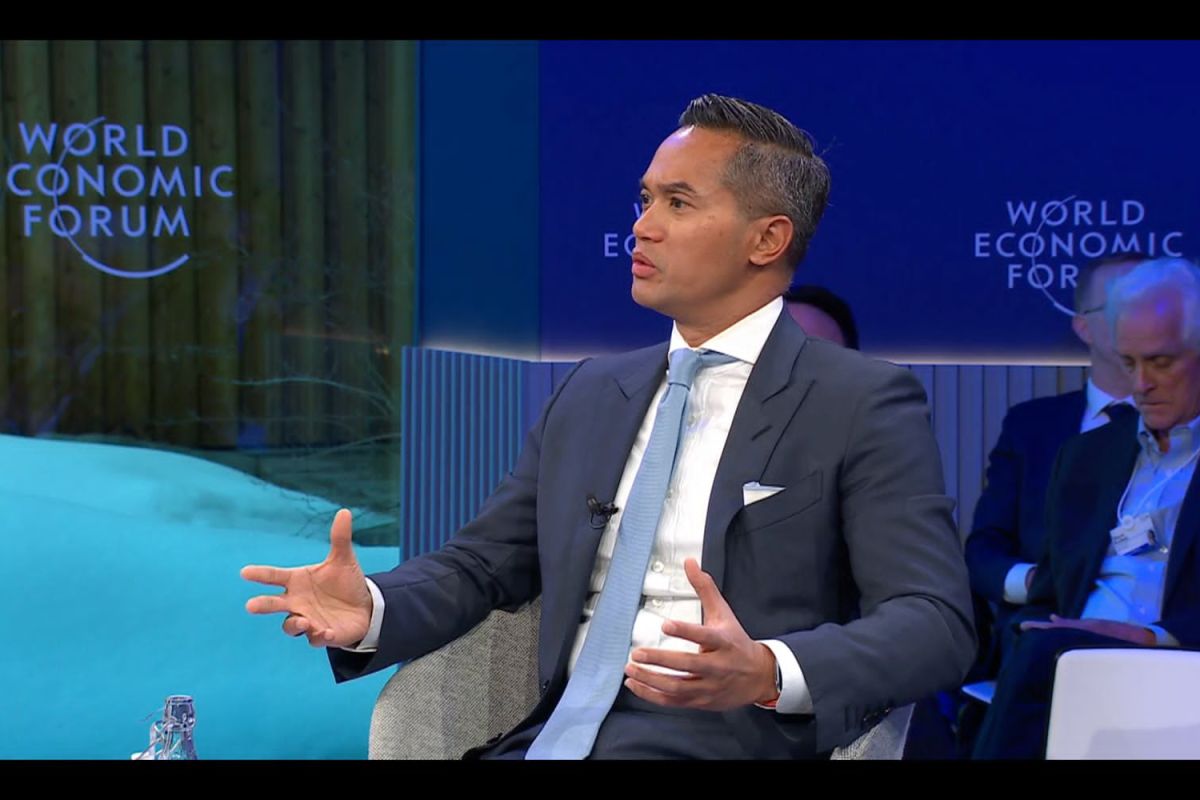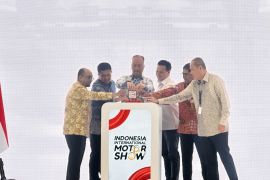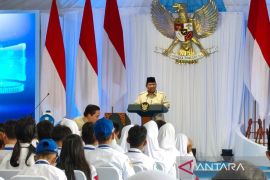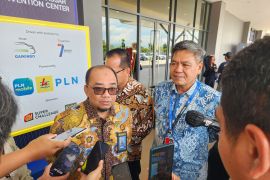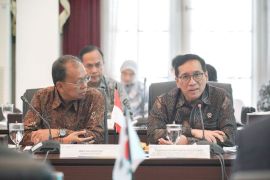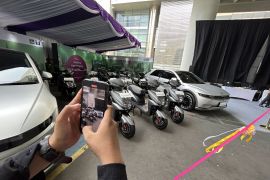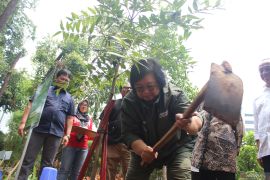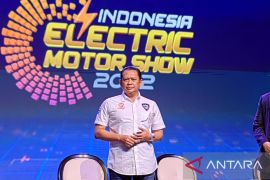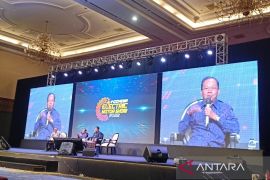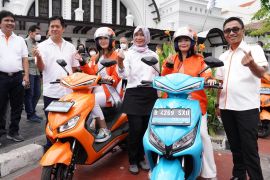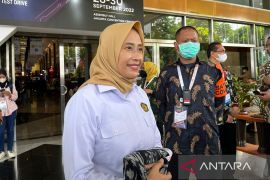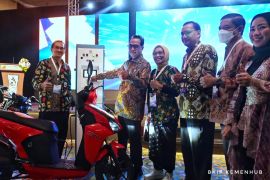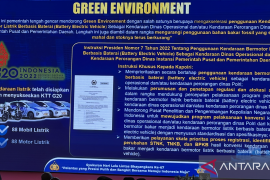According to Bakrie, whose nickname is Anin, compliance with international standards would be in line with the Indonesian Constitution and be beneficial from a business perspective.
"In the context of the global supply chain, our ambition is not only limited to producing battery materials for electric vehicles, but also how to produce them," he said during a panel discussion at the World Economic Forum (WEF) in Davos on Tuesday.
"Indonesia has unique potential. Imagine, we can produce battery materials using green energy while still paying attention to carbon emissions," he added.
"And this is not just talk. Indonesia has proven it. Many Indonesian companies have supplied not only to China with their advanced technology, but also to Europe through Eramet and Volkswagen, and to the United States through Ford. We are optimistic that in September, Indonesia as a whole can meet major standards such as EMA (exponential moving average) 50," he continued.
For developing its EV industry ecosystem, he said, Indonesia is open to business cooperation with all parties.
"We position ourselves as a partner that provides equal opportunities for all," he added.
On the possibility of greater cooperation with China, he emphasized that Indonesia is currently trying to create balanced cooperation with Western countries.
He cited the example of the cooperation between his company PT VKTR Teknologi Mobilitas Tbk and the Indo-Pacific Net-Zero Battery-Materials Consortium (INBC), which focuses on cooperation with Western countries.
"We understand that Europe, including the UK (United Kingdom) and the US (United States), need nickel-based battery materials," he noted.
He described US investment in the EV industry as a good opportunity, especially for Indonesia.
According to Bakrie, Indonesia could become a hardware supplier for the EV industry in the US, which will require building a sustainable, resilient, and also affordable and efficient supply chain.
"We do not know yet what kind of cooperation it will be, whether it will be more toward a bilateral agreement, but for Indonesia, which is starting from a lower position and considering that we do not have a free trade agreement (FTA) with the US, I think this could be a potential benefit and mutually beneficial cooperation," he said.
He emphasized that Indonesia wants and needs to play a role in the electric vehicle supply chain ecosystem. The nation has strong determination and the resources needed to contribute to the world, he added.
In terms of natural resources, Indonesia has strategic mineral reserves, accounting for 22 percent of the global nickel reserves, not to mention the potential of tin, copper, and bauxite, which are among the world's top five minerals.
In terms of energy, the country has extraordinary potential in terms of renewable energy sources, ranging from geothermal, hydro, and solar power, to wind.
The government is targeting the construction of 100 gigawatts of power plants in the next 15 years, with 75 percent of the power coming from renewable energy. This 75-gigawatt figure is equivalent to the total installed generating capacity in Indonesia at present.
"In addition, with a population of 285 million people, and if we look at Southeast Asia as a whole, which reaches 800 million people, we have a very promising market," he said.
Related news: Indonesia to establish EV battery research center in Morowali
Related news: Govt committed to accelerating EV ecosystem: VP
Translator: Faisal Yunianto, Yashinta Difa
Editor: Arie Novarina
Copyright © ANTARA 2025
